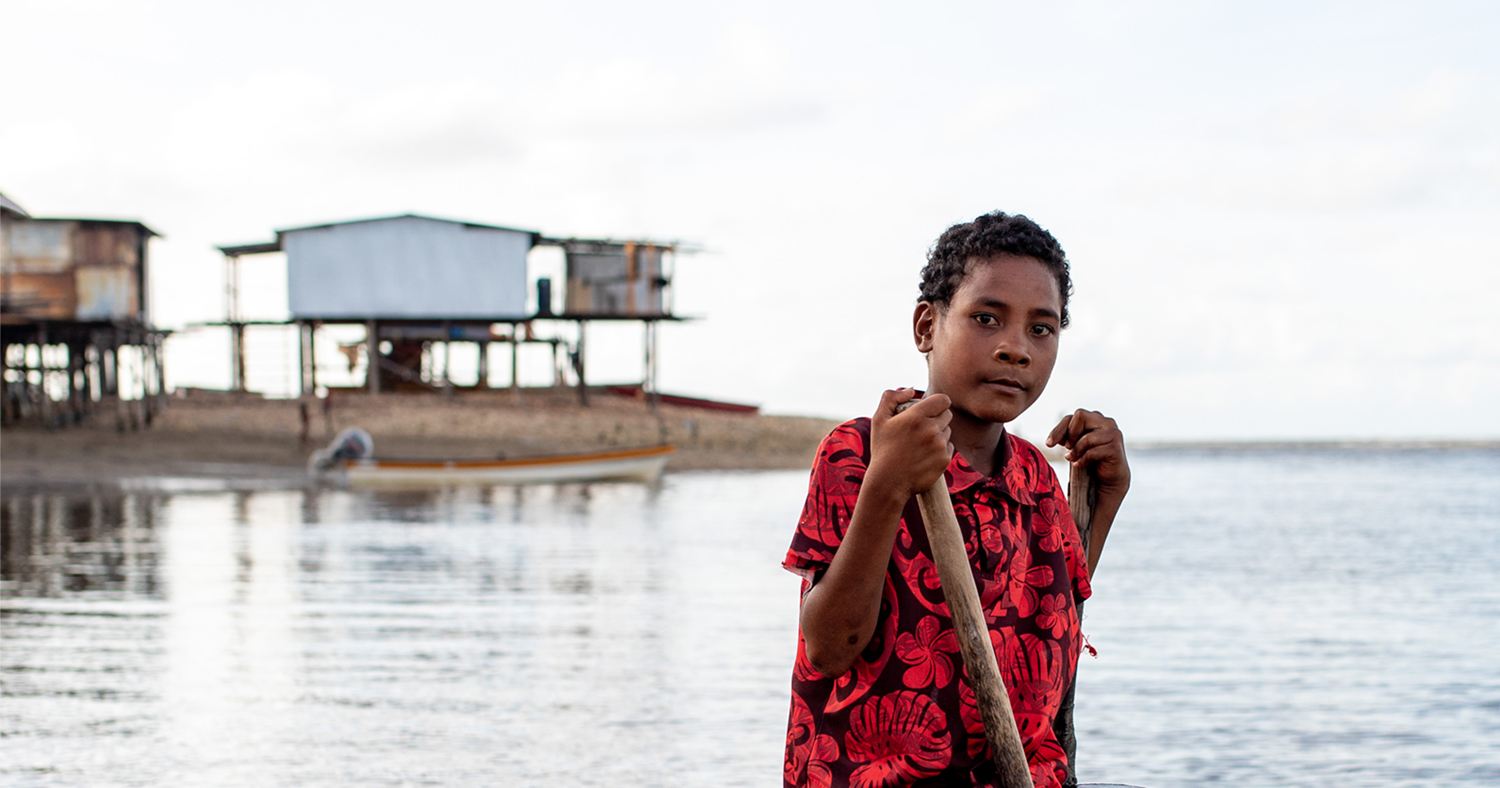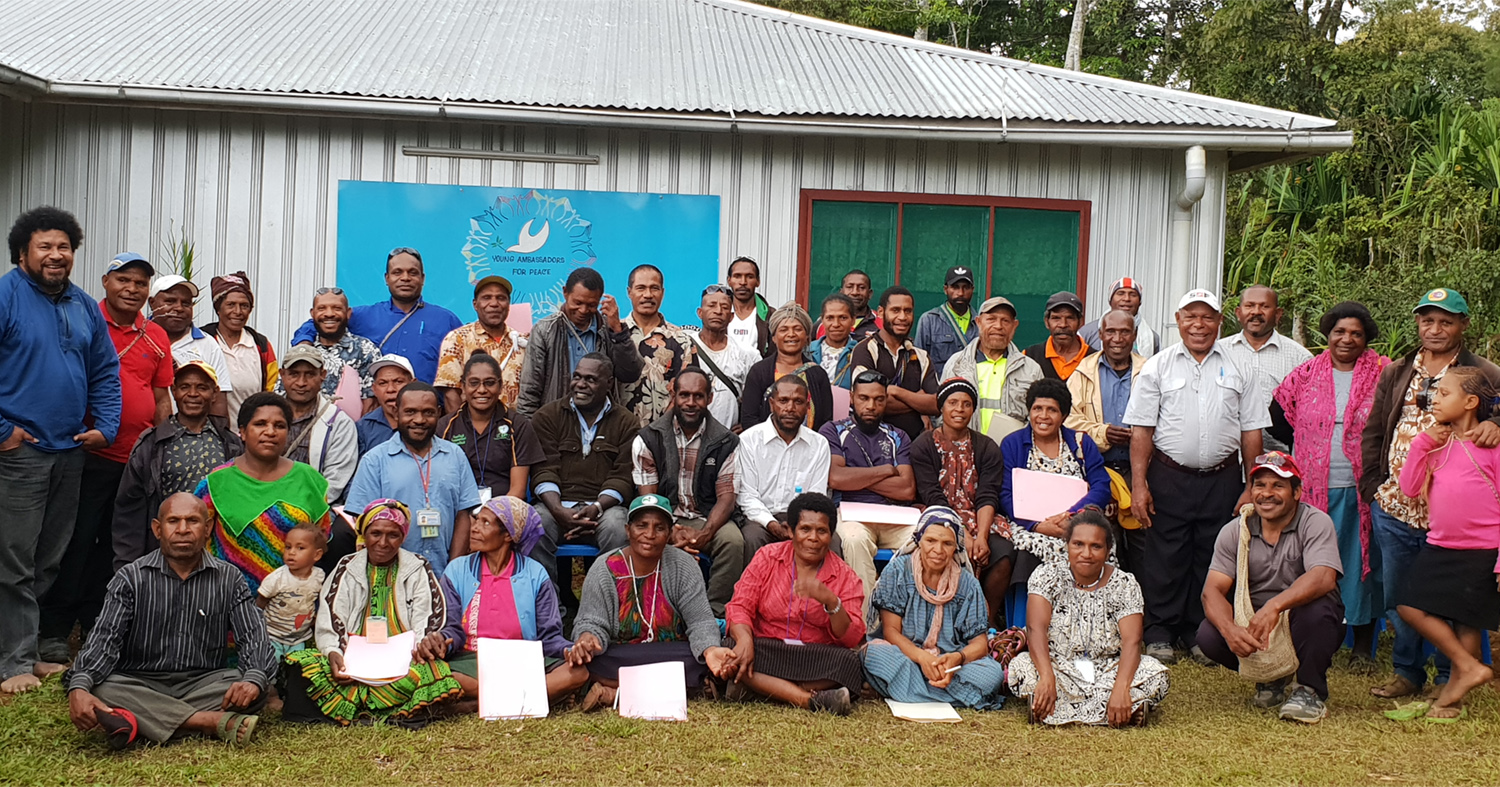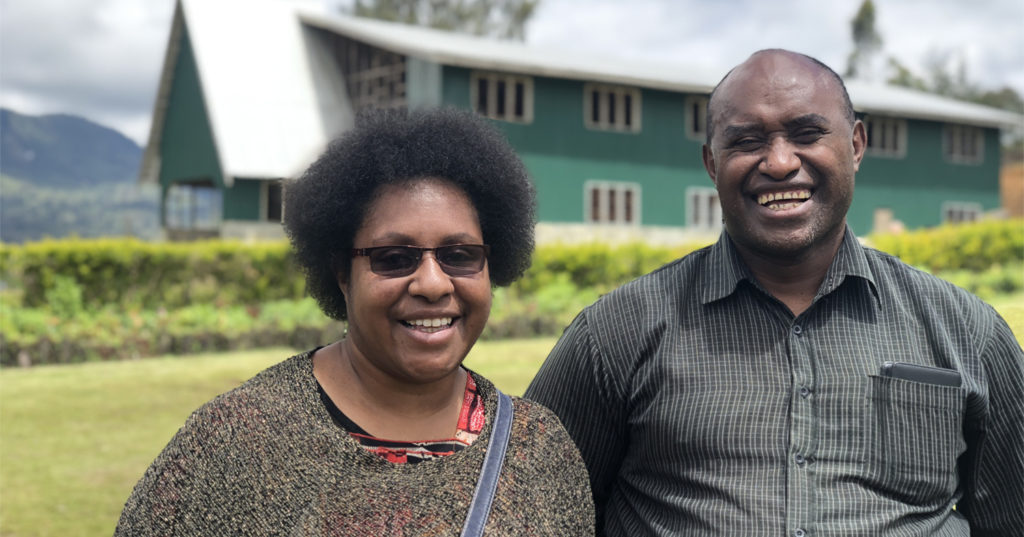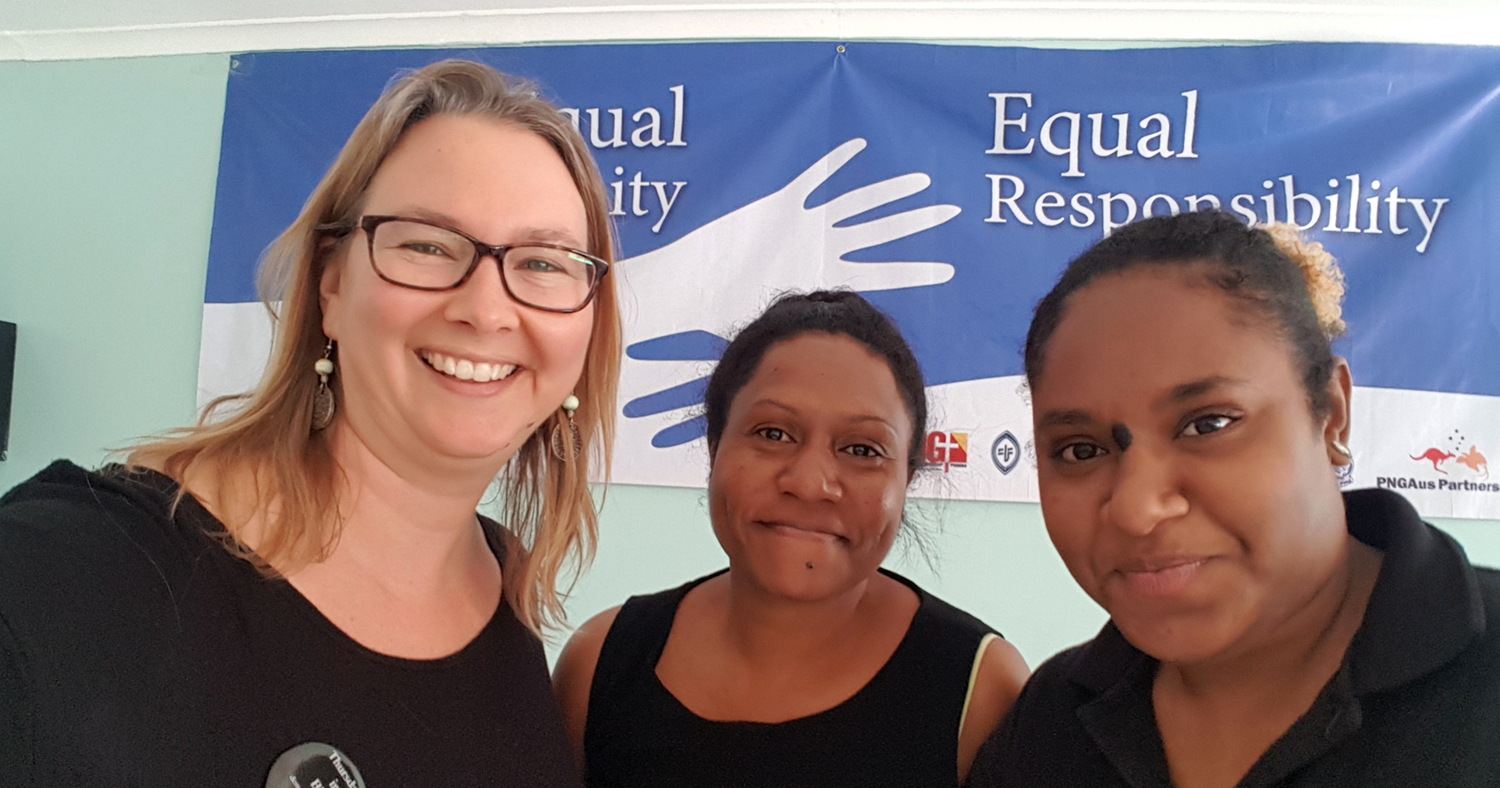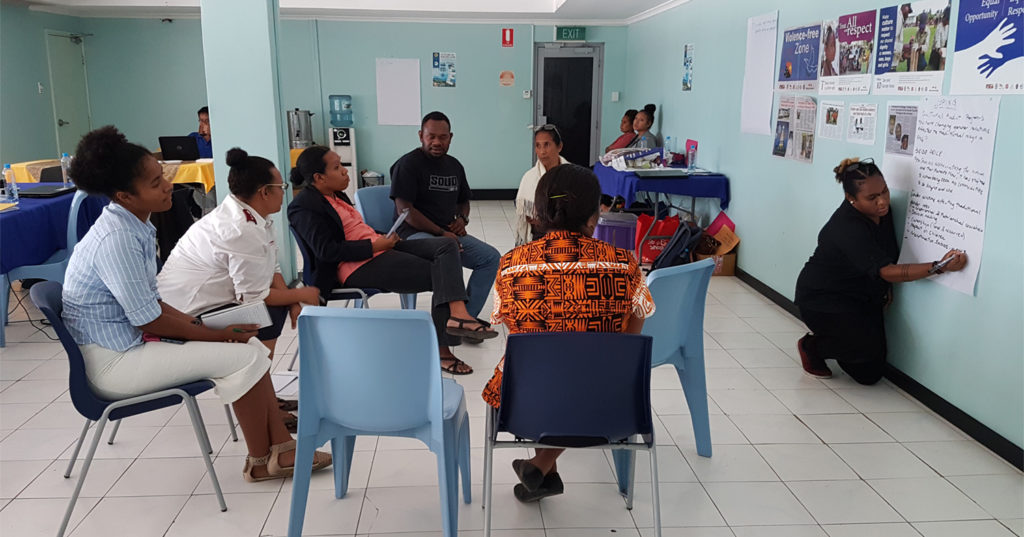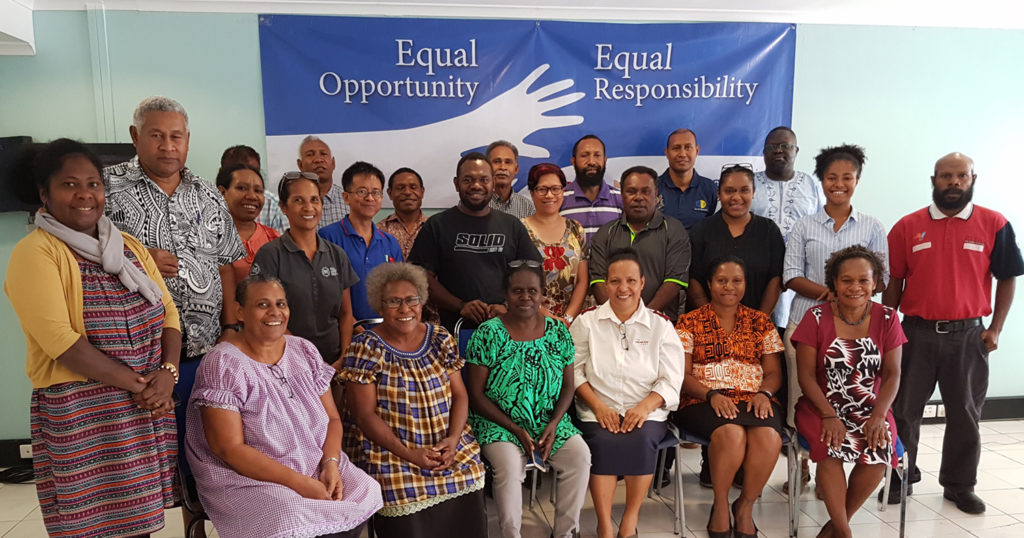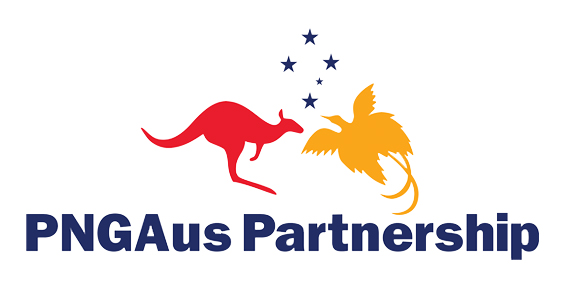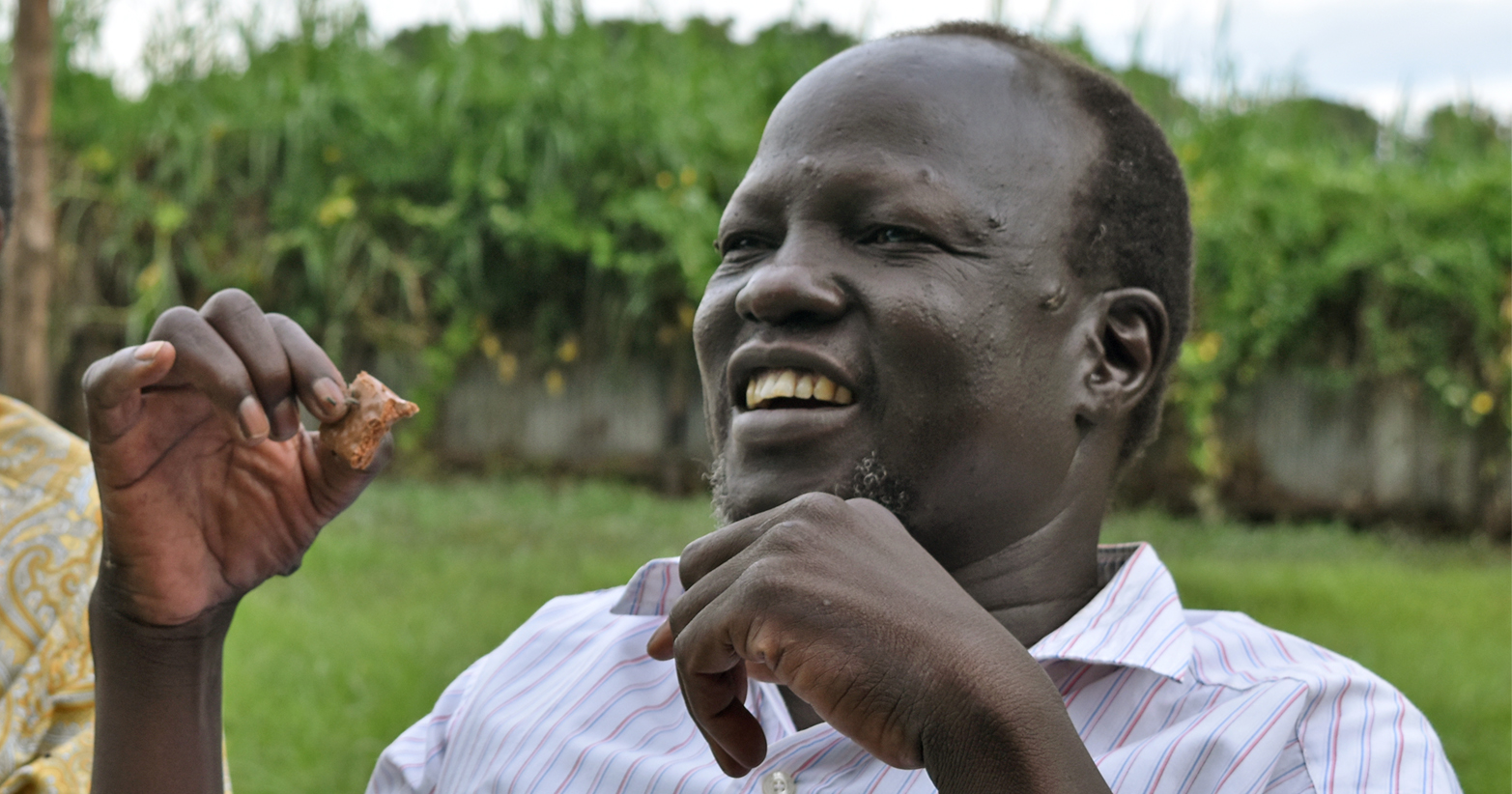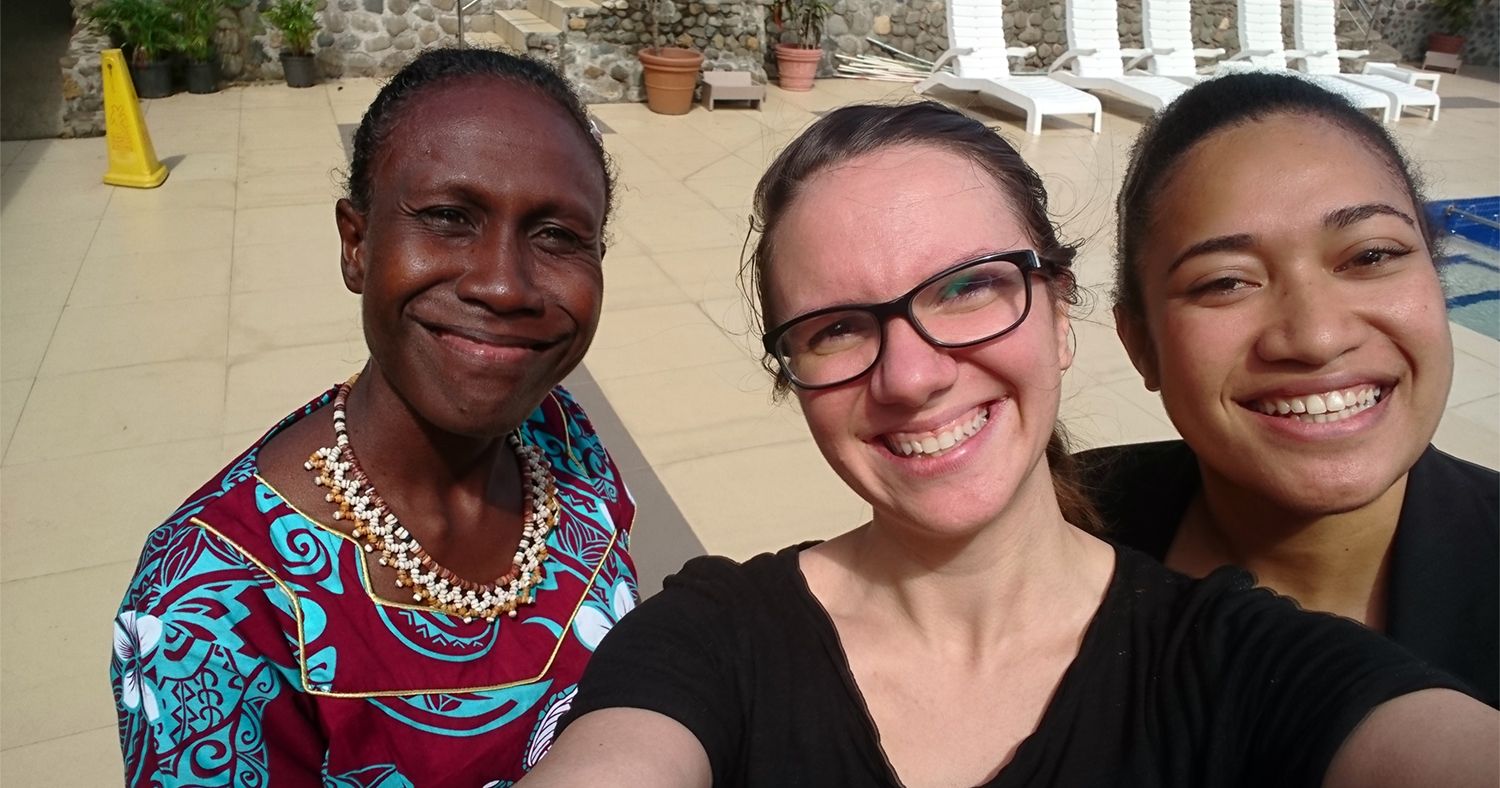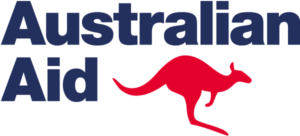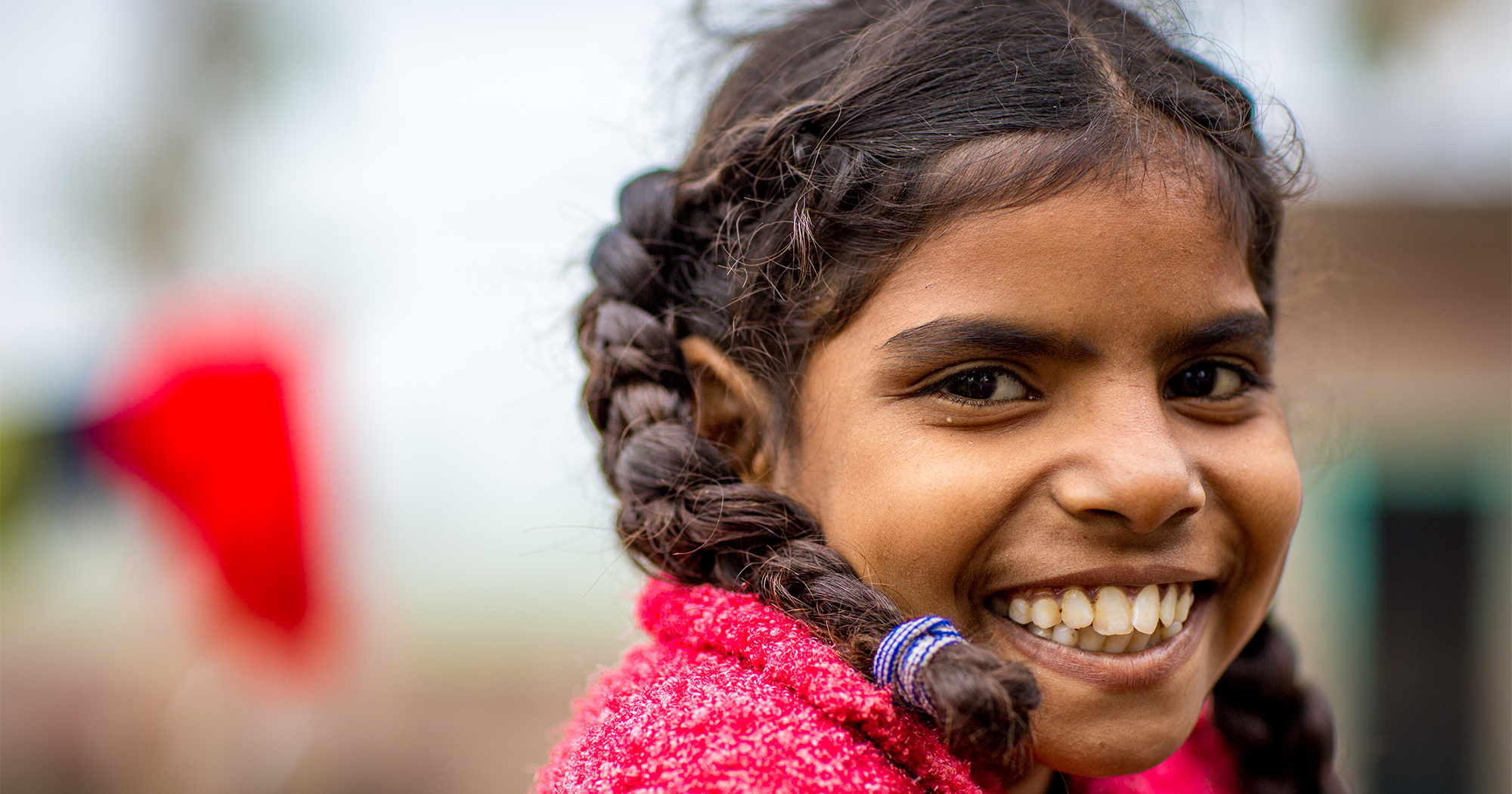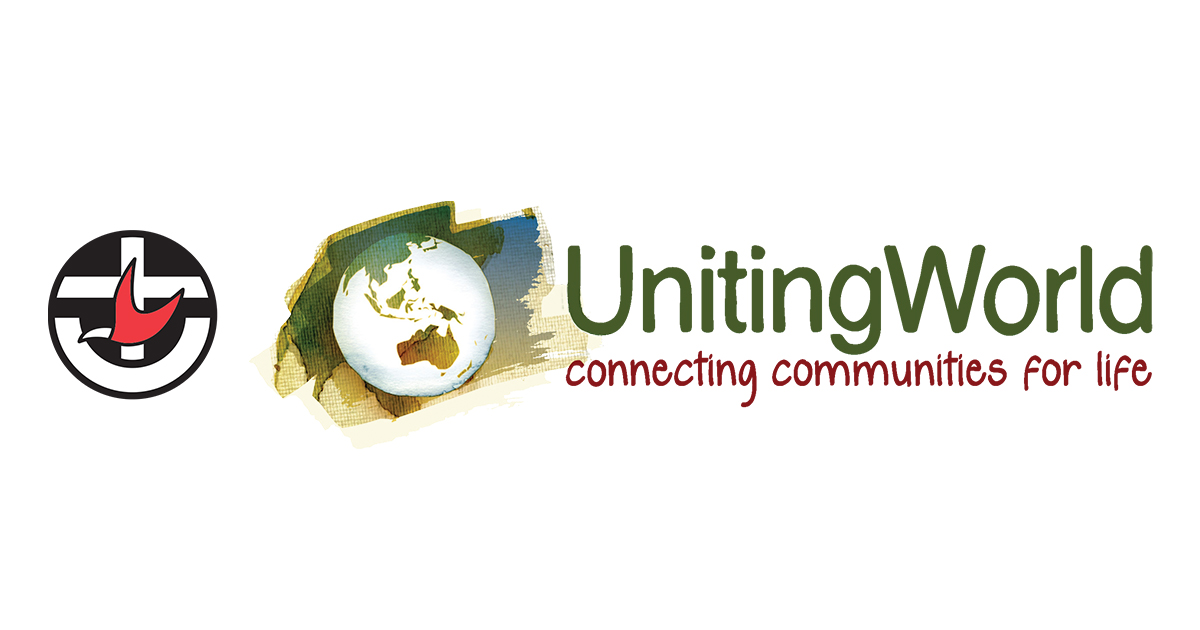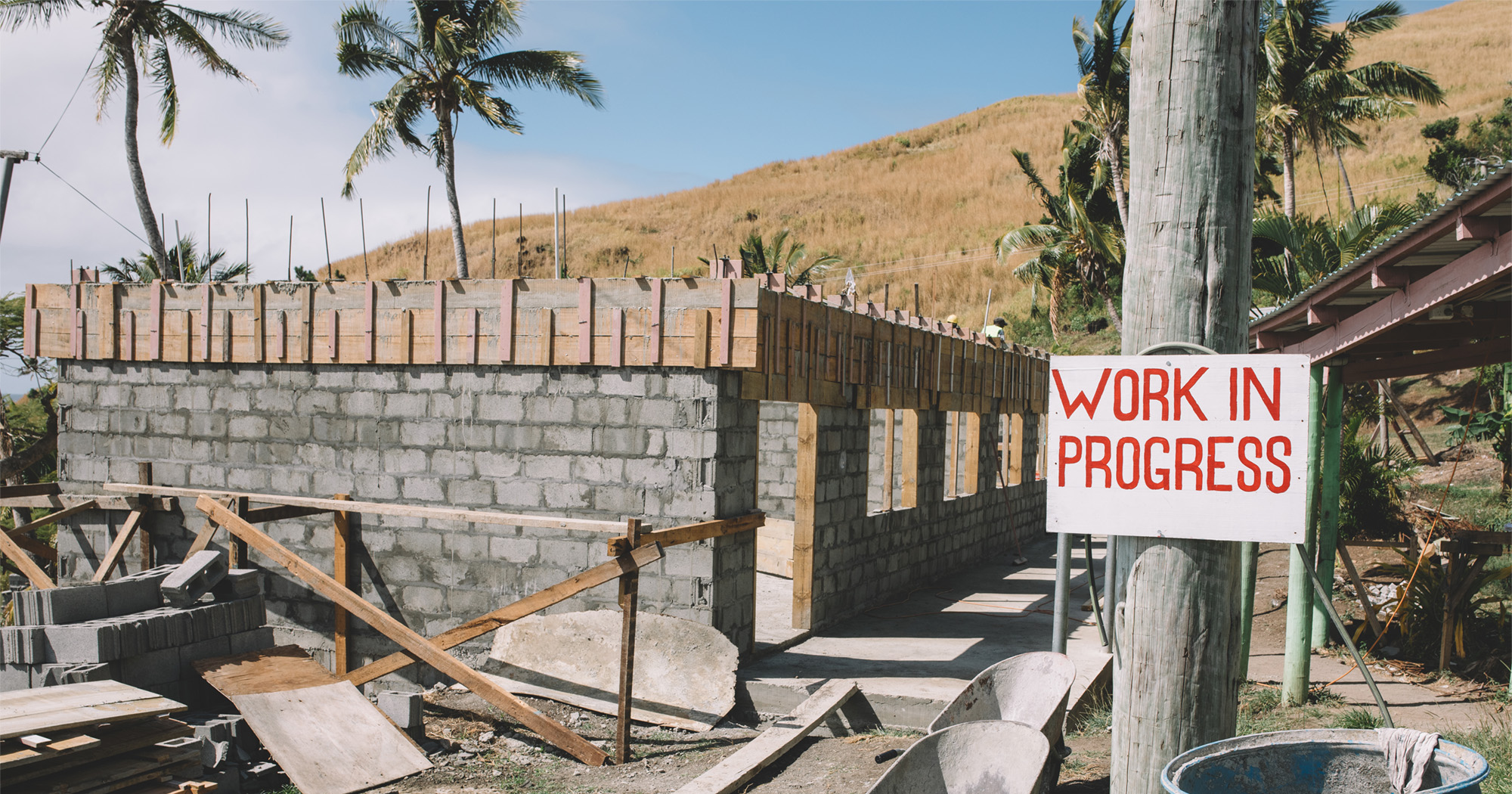Another missed opportunity to do more for the most vulnerable
Uniting Church in Australia President Dr Deidre Palmer and national church leaders respond to the 2019 Budget
The President of the Uniting Church in Australia Dr Deidre Palmer has encouraged Australians to put the urgent needs of others ahead of short-term self-interest, after the Federal Government delivered its 2019 Budget.
The Budget has promised, all going to plan, $158 billion in income tax cuts over a decade on the back of projected Budget surpluses.
Despite the positive projections though, the foreign aid budget has again been cut, and there is no improvement for Australians relying on welfare payments, particularly the Newstart allowance.
“As the contest for hearts and minds begins ahead of this year’s Federal Election, I urge Australians to give priority to justice, compassion and inclusion,” said Dr Palmer.
“The Budget, if passed by a future government, may offer some welcome tax relief. But at what cost?”
“The bottom line in this Budget is there is less support for the most vulnerable people in the most vulnerable nations, and less support for the most vulnerable at home.”
Aid agencies noted that foreign aid would drop to 0:19% of Gross National Income in 2021-22 – well below the short-term target of 0.3% supported by the Uniting Church and other advocates.
National Director of UnitingWorld Dr Sureka Goringe said the Budget failed both generous open-hearted Australian people and the vision of genuine regional partnership.
“We need to build trust and solidarity with our regional neighbours, working together to address inequality and injustice, not just pursue a narrow self-serving agenda,” said Dr Goringe.
Dr Palmer strongly criticised a $1.6 billion underspend on the National Disability Insurance Scheme in the coming financial year.
The Uniting Church President did however welcome a number of measures confirmed in the Budget.
“I applaud the boost for mental health and suicide prevention. This is important and timely. As is the confirmation of $328 million in funding to reduce violence against women and children.”
“I also welcome the funding set aside for a Royal Commission into the abuse and neglect of people with disability,” said Dr Palmer.
President of the Uniting Aboriginal and Islander Christian Congress, Rev. Garry Dronfield welcomed the allocation of $5 million for prevention of youth suicide in Aboriginal and Torres Strait Islander communities.
“Unfortunately, it’s not enough to address the scale of crisis that we know exists,” said Rev. Dronfield.
“There needs to be funding for diversionary programs to keep our vulnerable young people from the dangers of incarceration.”
Rev. Dronfield also was concerned about the lack of self-determination in the extension to other Northern Territory and Queensland communities of the cashless debit card. “Choice should always be given to First Peoples,” he said.
Funding for co-design of the Indigenous Voice to Parliament was welcomed by Rev. Dronfield. However he noted: “If the Government had accepted the Statement from the Heart this would have been unnecessary.
Frontier Services’ National Director, Jannine Jackson welcomed extra funding of $5.5m over four years for mental health services for people in Tasmania, Victoria and Queensland who have been affected by natural disasters.
“Given our recent and ongoing experience with drought, fire and floods we’re continuing to express our concern for the growing disparity between metro and remote Australia.”
“We hope that some of this funding and the overall increase on mental health spending will be accessible to those living and working in remote Australia,” said Ms Jackson.
UnitingCare Australia National Director Claerwen Little has queried the Government’s priorities.
In a media statement issued on Budget night, Ms Little said:
“A ‘surplus’ gained at the cost of allowing children to live in poverty, people with disabilities to go without the basic support they need, older Australians to die waiting for home care packages, and homelessness to reach record levels, does not measure up.”
Political commentators expect a Federal Election to be called as early as this weekend.
Last month, the Uniting Church in Australia published its 2019 Federal Election resource titled “Our Vision for a Just Australia.”
The Vision Statement outlines seven broad policy areas covering First Peoples, the environment, social inclusion, wellbeing, human rights, healthy communities and peacemaking.
“Our vision, grounded in the life and mission of Jesus, is for Australia to be a just and compassionate nation in a world, where all can flourish.” said Dr Palmer.
“I urge all Australians to examine closely the policies on offer at the coming election, and hold those asking for their vote to account in building a just. compassionate and inclusive Australia.”
This statement has been republished from the Uniting Church in Australia Assembly article, ‘Shaping a Just, Compassionate and Inclusive Australia: UCA 2019 Budget response’

